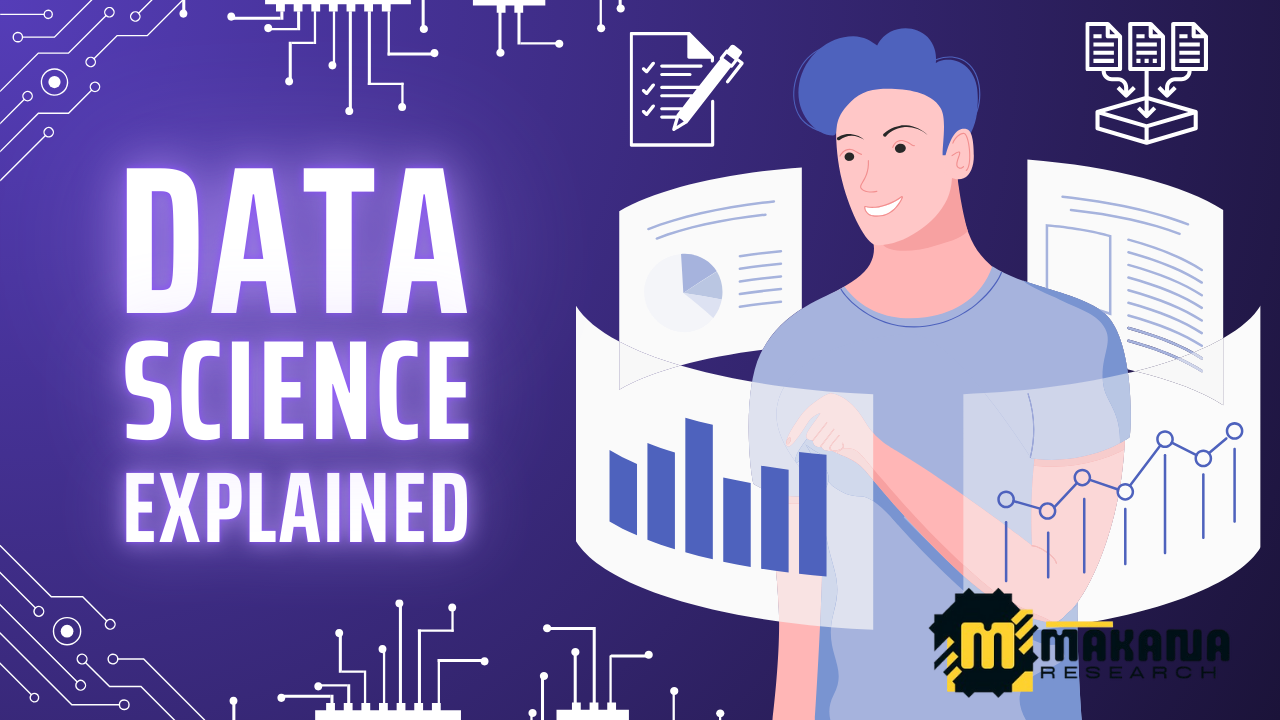Date: August 3, 2024 Author: Makana Research Team Liberia In an era where data drives…

Date: August 3, 2024
Author: Makana Research Team Liberia
In an era where data drives decision-making processes, the integrity of that data is paramount. However, the manipulation of data poses a significant threat to public policy and development, especially in regions like West Africa. Understanding the effects of data manipulation can help stakeholders take preventive measures and uphold the quality and trustworthiness of their data-driven initiatives.
What is Data Manipulation?
Data manipulation involves altering, falsifying, or misrepresenting data to produce a desired outcome. This unethical practice can occur at various stages of data handling, including collection, analysis, and reporting. The motivations behind data manipulation may vary, from political agendas to financial gain or even academic pressures.
Effects on Public Policy
1. Misguided Policies: When policymakers base their decisions on manipulated data, the resulting policies are likely to be ineffective or even harmful. For instance, skewed data on health outcomes can lead to the misallocation of resources, neglecting critical areas that need attention.
2. Loss of Public Trust: Trust is a cornerstone of effective governance. When data manipulation is uncovered, it erodes public trust in institutions and authorities. Citizens may become skeptical of official reports and less likely to support or comply with public policies.
3. Inefficient Resource Allocation: Accurate data is essential for the optimal allocation of resources. Manipulated data can lead to resources being diverted away from where they are needed most, exacerbating issues such as poverty, health crises, and education disparities.
Effects on Development
1. Stunted Progress: Development projects rely heavily on accurate data to track progress and measure impact. Data manipulation can mask the true state of development, leading to a false sense of achievement and stalling real progress.
2. Poor Investment Decisions: Investors and development agencies depend on reliable data to make informed decisions. Manipulated data can mislead investors, resulting in poor investment choices that do not yield the desired outcomes.
3. Compromised Research: Academic and field research form the backbone of development strategies. When data is manipulated, it compromises the integrity of research findings, leading to flawed conclusions and ineffective interventions.
Real-World Examples
1. Inflated Economic Statistics: Several countries have been accused of inflating economic statistics to appear more favorable to investors and international bodies. Such manipulations can hide underlying economic issues, delaying necessary reforms and interventions.
2. Health Data Falsification: In some instances, health data has been manipulated to downplay the severity of outbreaks or public health issues. This can delay critical responses, increasing the spread of diseases and impacting public health outcomes.
Preventing Data Manipulation
1. Establishing Robust Data Governance: Implementing strong data governance frameworks can help ensure the integrity of data. This includes clear protocols for data collection, validation, and reporting.
2. Promoting Transparency: Encouraging transparency in data handling processes allows for greater scrutiny and accountability. Open data initiatives can help mitigate the risks of data manipulation by making data accessible to the public and independent reviewers.
3. Strengthening Capacity: Building the capacity of local researchers and institutions to handle data ethically and accurately is crucial. Training programs and workshops can equip individuals with the skills needed to uphold data integrity.
4. Utilizing Technology: Advanced technologies such as blockchain and AI can help in detecting and preventing data manipulation. These tools can provide secure and tamper-proof data handling processes, ensuring the authenticity of the data.
Conclusion
The manipulation of data is a serious issue that undermines the effectiveness of public policy and development efforts. By understanding the impacts of data manipulation and taking proactive measures to prevent it, we can ensure that data remains a reliable foundation for decision-making and progress. At Makana Research, we are committed to promoting data integrity and supporting the development of accurate, evidence-based policies that drive sustainable development in West Africa.




